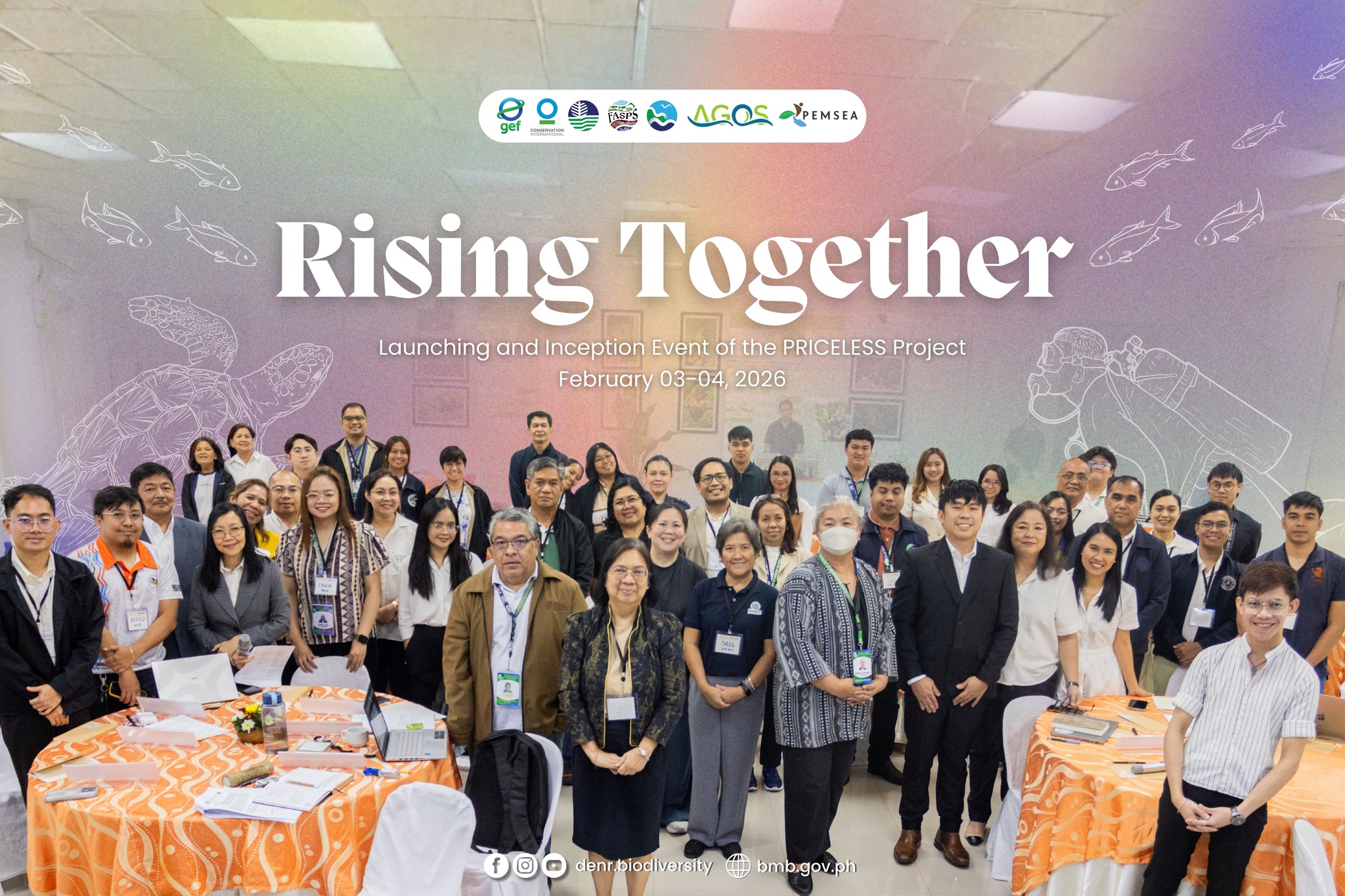Indonesian Youth Take On Coastal And Ocean Challenges
Thursday, 3 August 2017

INDONESIAN YOUTH TAKE ON COASTAL AND OCEAN CHALLENGES:
How PEMSEA’s small grant empowered young leaders to be part of the solution.
As a young Indonesian, Enggar Wardani grew up with the awareness that the health of the coasts and oceans in her archipelagic country was under threat. Front page headlines highlight any number of environmental issues that plague Indonesia’s seas, such as bleached coral reefs, coastal erosion and marine pollution. As a young woman, how can she be part of the solution?
Enggar’s passion for oceans and marine life led her to pursue a Master’s degree in Marine and Coastal Resources Management at Bogor Agricultural University. In school, she actively engaged in student organizations including Smart Blue Action and GBC Himasper whose activities focus on coastal and ocean sustainability through mangrove rehabilitation and public awareness campaigns.
In 2015, she was nominated to represent Indonesia in PEMSEA’s Youth Forum hosted in Danang, Vietnam as part of the East Asian Seas Congress. During the week-long event, Enggar met other young leaders and coastal management practitioners from across East Asia. The youth participants learned about different initiatives contributing to the Sustainable Development Goals and how they can participate in these initiatives. They also learned how to enhance their leadership skills and increase the youth’s role in supporting coastal and ocean sustainability.
At the Youth Forum, PEMSEA launched a call for project proposals for small grant funding. The grant aimed to empower young leaders to implement their own projects supporting the sustainability of coasts and oceans. Enggar proposed a project to address two key problems affecting coasts and oceans in Indonesia: coastal erosion and a lack of awareness on coastal and marine ecosystems.
Watch Enggar's story in the video below:
There is an unfortunate lack of awareness of young Indonesians about the benefits that marine ecosystems provide to their communities. Enggar knew that she needed to engage school children in a unique way to get their attention, so she created a fun and interactive board game and conservation flash cards to aid the teaching process. With the funds from the PEMSEA small grant, Enggar and her team were able to visit 800 children across different elementary schools in the span of three short months. The young students they visited now know the names and characteristics of local fish, among other knowledge, and they are enthusiastic about protecting their marine life.
Coastal erosion in Subang province is a serious issue. Enggar and her team learned from their studies at university that mangroves play an important role in maintaining the health of coasts. Not only do mangroves prevent coastal erosion, they also serve as nursery habitat for shrimp, fish and other mollusks. They act as an important carbon sink, removing carbon dioxide from the atmosphere, helping to mitigate the impacts of climate change. After consulting with their mentors at Bogor Agricultural University, the team decided to improve mangrove ecosystems as their solution for Subang. Through PEMSEA’s small grant, they were able to mobilize other stakeholders, including the local government and community members, to join them in planting and maintaining 1.5 hectares of mangroves in September 2016. Today, 90% of the seedlings planted are still healthy, an exceptional success rate they attribute to the involvement of the community.
PEMSEA seeks to engage strong youth leaders like Enggar, looking to protect our shared seas and implement their own projects. Young leaders up to 30 years old are invited to submit project proposals on the sustainable development of coastal and ocean areas in East Asia. PEMSEA’s 2017 Youth Grant Competition is accepting submissions until August 31, 2017. Click here for more details.




